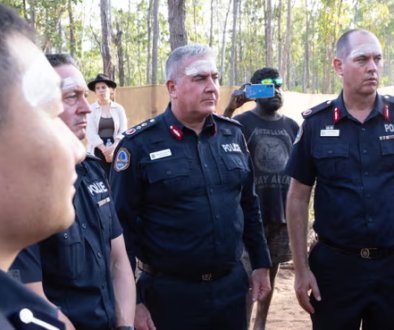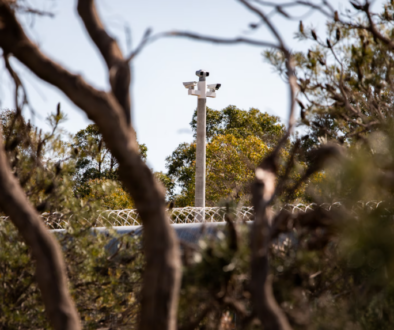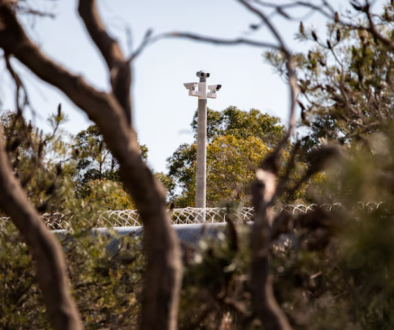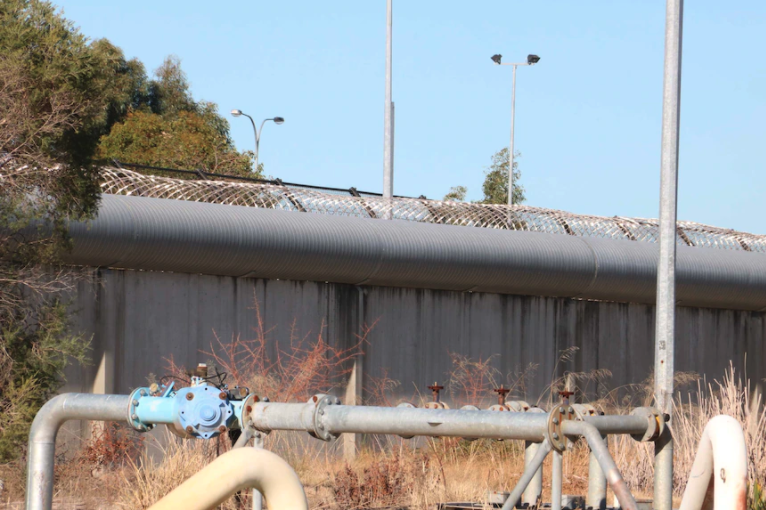
Former inmates of Banksia Hill juvenile prison to sue, alleging mistreatment
More than 250 former inmates of Western Australia’s juvenile detention centre have registered to be part of a class-action lawsuit alleging mistreatment at the centre.
By Herlyn Kaur, originally publiushed on abc.com.au
Key points
- Banksia Hill is WA’s only prison for 10- to 17-year-olds
- It was the subject of an Amnesty International report in 2018
- There are plans to launch the legal action before Christmas
Leading the case is Sydney-based lawyer Stewart Levitt, from Levitt Robinson Solicitors, who said dozens of Indigenous and non-Indigenous former detainees had come forward with harrowing stories.
“We’ve heard of horrendous deprivation of liberty in [some] circumstances,” he said.
Mr Levitt said Banksia Hill Detention Centre’s use of solitary confinement was “camouflaged” as its Intensive Support Unit.
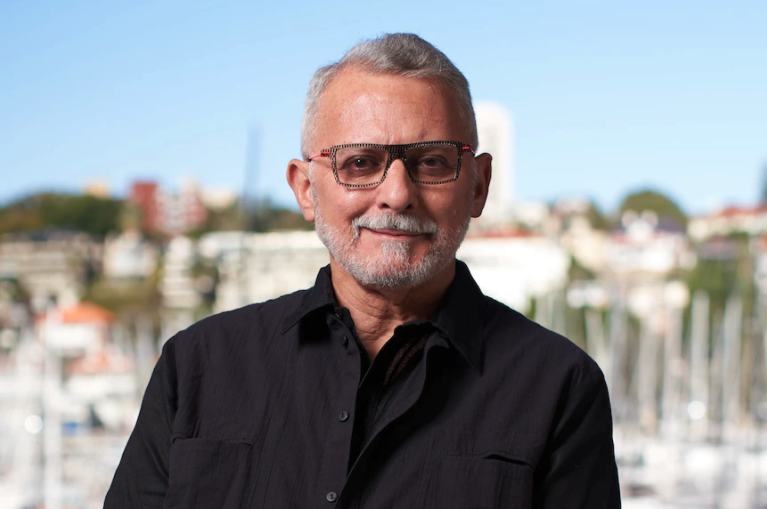
He alleged one young child was kept in isolation for up to six months and developed blood clots due to their lack of movement.
Push to raise age of criminal liability
The prison, in the southern Perth suburb of Canning Vale, was the subject of an Amnesty International Australia report in 2018.
Mr Levitt said that report urged the WA government to stop putting children in solitary confinement, saying the practice failed to meet international standards.
He said the class action would hold the WA government to account and pressure it to implement changes to the justice system, including raising the minimum age of criminal liability from 10 to 14.
“The fact that 10-year-olds … are subjected to emotional and physical deprivation is nothing other than a blueprint for criminalising children for the rest of their lives and traumatising them so that they’ll never be able to play a functional role in society,” he said.
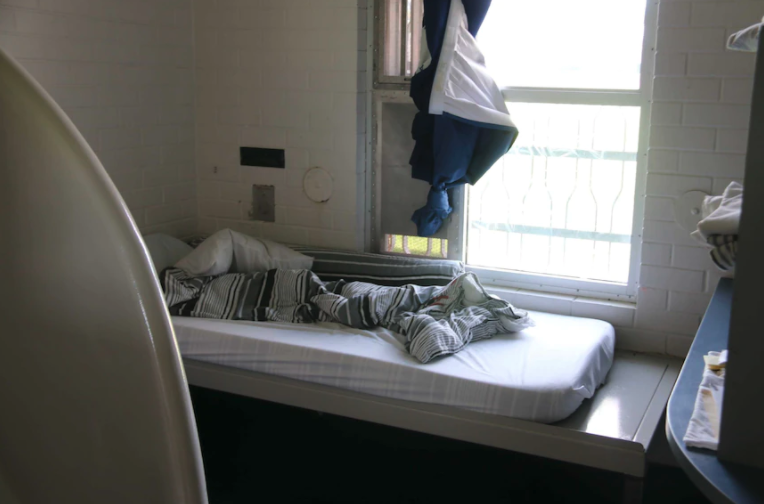
Mr Levitt believed most of the children who ended up at Banksia Hill were already intellectually, emotionally and socially deprived, and were often “without parents, without homes” and did not have the support systems in place to deter them from resorting to violence and crime.
“Many of them have been street kids, certainly they don’t have stable home environments,” he said.
“The state has a responsibility to look after these children, not to punish them for the fact that they haven’t had the opportunity and conditioning that other children have had … incarceration is not the way to treat children.”
Lawsuit will ‘change people’s lives’
The legal group is working in partnership with the National Suicide Prevention & Trauma Recovery Project.
Director Megan Krakouer has been speaking with former detainees across the state, helping them register as part of the class action.
“It is historic in the sense that it hasn’t been done on this magnitude in the state of Western Australia, well, very much anywhere across the nation,” she said.
“Right now, we’ve got at least 250 and [close] to 300 people that are willing to be part of this registration, and I’ve got more phone calls coming in.
“We’ve received registrations from Perth, from Bunbury, from Mullewa, from Geraldton, from Carnarvon and from Broome.”
While Indigenous people are over-represented in WA’s prisons, the class action is open to anyone who alleges they suffered abuse while serving a sentence at the facility.
“These are the most marginalised and vulnerable people that want to be heard,” Ms Krakouer said.
“This isn’t just about Aboriginal people. This is for black, white, and brown.
“I’ve worked with the most vulnerable and critically marginalised for many years.”
She said the lawsuit was about giving people hope and allowing people to have their voices heard.
“This is absolutely enormous and I’m really proud to be part of this class action because it’s going to change people’s lives, it’s going to actually improve systems that are broken,’ she said.
The group hopes to launch court proceedings before Christmas this year.
The WA Department of Justice and Corrective Services and the Minister for Corrective Services have been contacted for comment.

Former inmates of Banksia Hill juvenile prison to sue, alleging mistreatment
More than 250 former inmates of Western Australia’s juvenile detention centre have registered to be part of a class-action lawsuit alleging mistreatment at the centre.
By Herlyn Kaur, originally publiushed on abc.com.au
Key points
- Banksia Hill is WA’s only prison for 10- to 17-year-olds
- It was the subject of an Amnesty International report in 2018
- There are plans to launch the legal action before Christmas
Leading the case is Sydney-based lawyer Stewart Levitt, from Levitt Robinson Solicitors, who said dozens of Indigenous and non-Indigenous former detainees had come forward with harrowing stories.
“We’ve heard of horrendous deprivation of liberty in [some] circumstances,” he said.
Mr Levitt said Banksia Hill Detention Centre’s use of solitary confinement was “camouflaged” as its Intensive Support Unit.

He alleged one young child was kept in isolation for up to six months and developed blood clots due to their lack of movement.
Push to raise age of criminal liability
The prison, in the southern Perth suburb of Canning Vale, was the subject of an Amnesty International Australia report in 2018.
Mr Levitt said that report urged the WA government to stop putting children in solitary confinement, saying the practice failed to meet international standards.
He said the class action would hold the WA government to account and pressure it to implement changes to the justice system, including raising the minimum age of criminal liability from 10 to 14.
“The fact that 10-year-olds … are subjected to emotional and physical deprivation is nothing other than a blueprint for criminalising children for the rest of their lives and traumatising them so that they’ll never be able to play a functional role in society,” he said.

Mr Levitt believed most of the children who ended up at Banksia Hill were already intellectually, emotionally and socially deprived, and were often “without parents, without homes” and did not have the support systems in place to deter them from resorting to violence and crime.
“Many of them have been street kids, certainly they don’t have stable home environments,” he said.
“The state has a responsibility to look after these children, not to punish them for the fact that they haven’t had the opportunity and conditioning that other children have had … incarceration is not the way to treat children.”
Lawsuit will ‘change people’s lives’
The legal group is working in partnership with the National Suicide Prevention & Trauma Recovery Project.
Director Megan Krakouer has been speaking with former detainees across the state, helping them register as part of the class action.
“It is historic in the sense that it hasn’t been done on this magnitude in the state of Western Australia, well, very much anywhere across the nation,” she said.
“Right now, we’ve got at least 250 and [close] to 300 people that are willing to be part of this registration, and I’ve got more phone calls coming in.
“We’ve received registrations from Perth, from Bunbury, from Mullewa, from Geraldton, from Carnarvon and from Broome.”
While Indigenous people are over-represented in WA’s prisons, the class action is open to anyone who alleges they suffered abuse while serving a sentence at the facility.
“These are the most marginalised and vulnerable people that want to be heard,” Ms Krakouer said.
“This isn’t just about Aboriginal people. This is for black, white, and brown.
“I’ve worked with the most vulnerable and critically marginalised for many years.”
She said the lawsuit was about giving people hope and allowing people to have their voices heard.
“This is absolutely enormous and I’m really proud to be part of this class action because it’s going to change people’s lives, it’s going to actually improve systems that are broken,’ she said.
The group hopes to launch court proceedings before Christmas this year.
The WA Department of Justice and Corrective Services and the Minister for Corrective Services have been contacted for comment.

